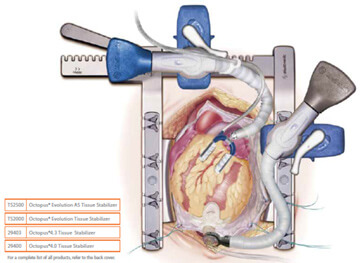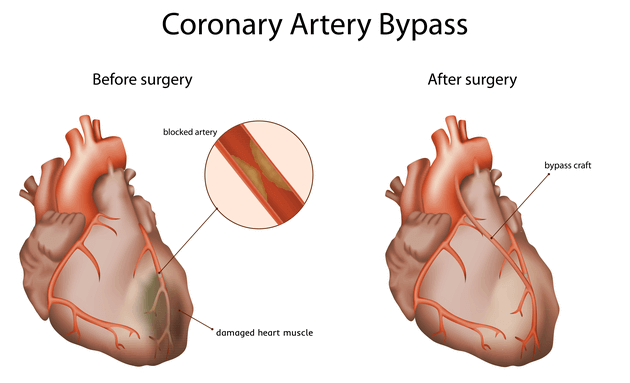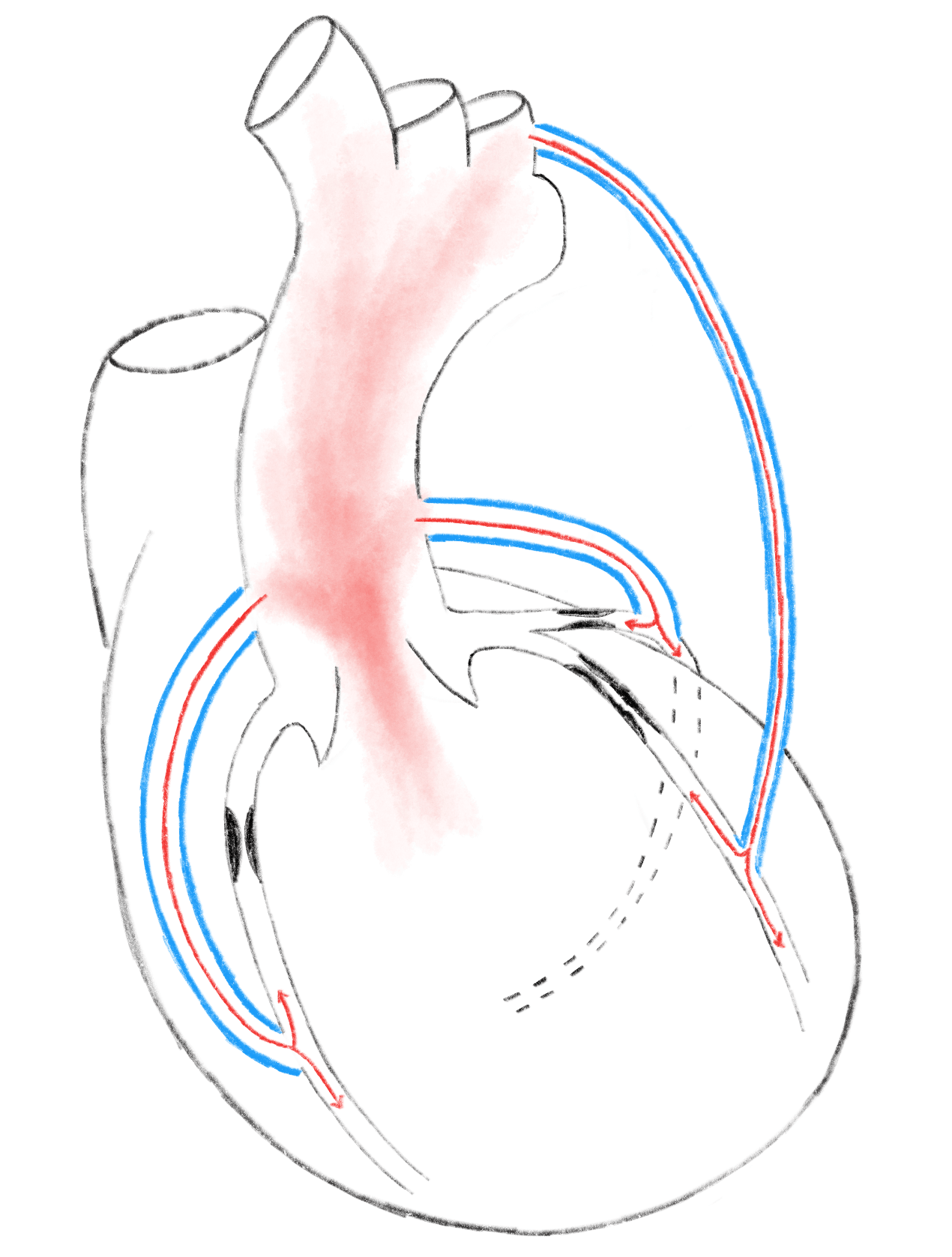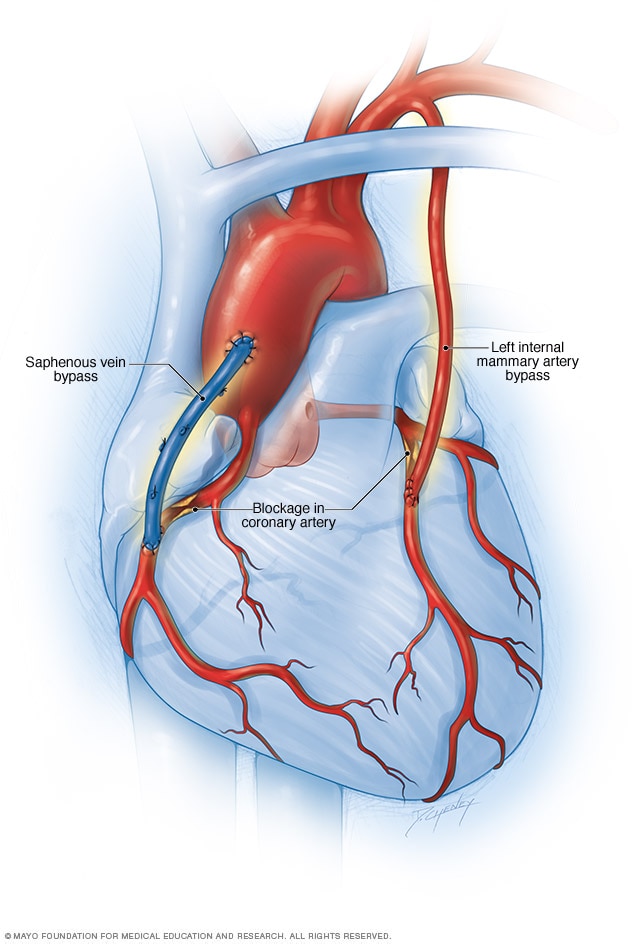Chest Wall Pain After Bypass Surgery

Chest wall pain after cardiac surgery may normally last 3 6 weeks but may last as long as 12 weeks on rare occasions says dr.
Chest wall pain after bypass surgery. After heart bypass surgery some patients feel pain for several months while a few experience ongoing nagging pain for life. After the 6 weeks from the date of the surgery the incision in the chest is essentially healed to about 80 percent. The patient may get back to work but physical exertion should be avoided. It s understandable for a person fresh from coronary bypass surgery or even several weeks out to think he s having a heart attack or something wrong with his heart when he has chest pain.
Chest wall pain a muscle pull inflammation in the lining of. Musculoskeletal conditions are the most common cause but other complications may lead to chest. Typically surgery pain that is in the chest does not cause the same symptoms that are associated with a life threatening heart or lung issue. Few medical conditions complications which may arise after the surgery may also cause pain in chest.
Chest wall stabilization has low recurrence and complication rates. Chest wall pain may include numbness tingling and shooting pain that extends to your back or neck. The first episode was brief sharp and severe occurring suddenly while twisting to empty a heavy bucket and resolving spontaneously within minutes. The pain is typically located near the incised area of the breastbone.
One will be able to sit on a chair just after a day able to walk more or less after 3 days walk on the stairs after a week. Slowly the patient can start normal activities including driving. It may be mild to moderate boring and burning pain. In a review of treatments for sternal nonunion and instability in the annals of plastic surgery published in january 2005 all subjects who underwent the above mentioned procedure experienced a successful outcome.
The bypass surgery recovery period in general is inside twelve weeks of time. In most cases chest pain after bypass is due to trauma to muscles and bones of the chest. While it may hurt to take a deep breath the pain is usually only severe when something causes the chest wall to move such as a cough or a sneeze or physical activity.













































